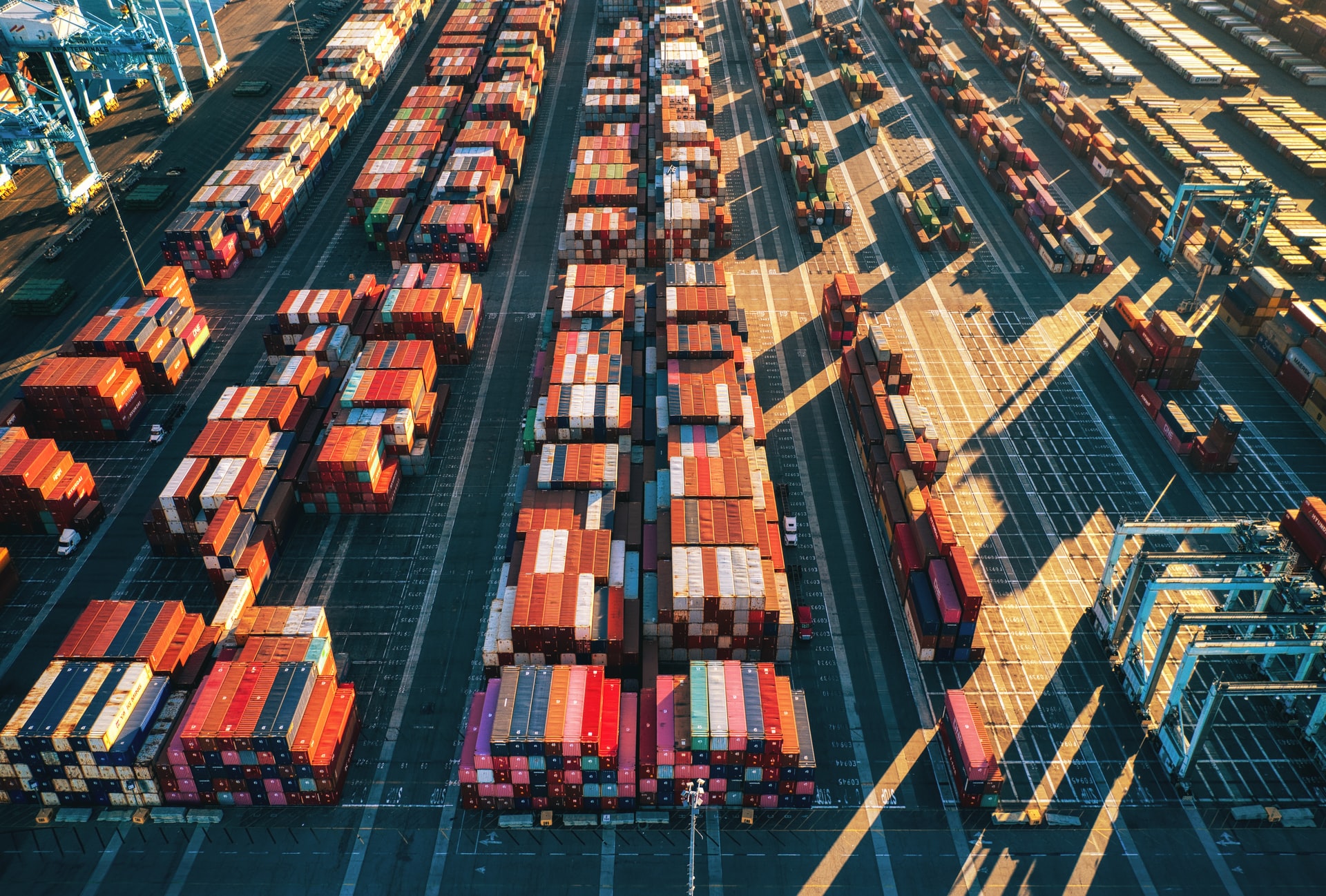The US Must Expand its International Linkages for a Post-pandemic Recovery
The US has led the world global order for several decades. Its economic, technology, and military prowess enabled it to command global influence. However, over the past half decade or so, it has increasingly chosen to isolate itself. Following the pandemic’s onset, the US chose to adopt an even stronger inward stance.
US businesses, and especially those in the technology sector, chose to adopt a contrasting route. Tech giants—spanning streaming, social media, and communication platforms—saw massive increases in revenue; it ranged from 16% to as much as 38%. US-based tech giants were, therefore, able to further consolidate their presence worldwide.
The Growth Roadmap Must Address Challenges at Hand
In sectors such as manufacturing, US companies were active participants in global supply chains. But while businesses had closer cooperation between organizations or individuals in diverse regions, these linkages are less-stronger in comparison to intergovernmental accords or trade agreements.
The previous government’s insularity prevented it from fully joining global trade deals, but its businesses fully embraced global supply chains. There is a difference – business is a lesser force than intergovernmental accords. Has the new US administration left it too long to develop new international linkages? What will the US, and other nations, gain by such a new US-led initiative?
Horasis is organizing the Horasis USA Meeting on 04 March 2022 to examine and evaluate such developments. The one-day virtual event will see participation from a diverse range of people, spanning members of governments, businesses, academia, and the media. The goal is to deliberate on pressing issues to arrive at actionable solutions that can ensure shared prosperity.
Should International Linkages be Rebuilt?
The global economy is in a fragile state. With the pandemic-led lockdowns and months of business disruption, GDP levels reached record lows and unemployment levels registered new highs. However, in a strange turn of events, there are acute staff shortages now that US companies are looking to hire once again. In fact, as recently as 21 November 2021, the US Department of Labor reported a shortage of 10.4 million workers in the country. In the manufacturing sector alone—a key GDP contributor—there was a shortfall of 500,000 workers. The healthcare and social assistance sectors, meanwhile, have 1.2 million job openings.
The massive workers shortage in the US is an impediment to reviving its economy. President Biden has emphasized on “building back better” and to follow through on this ideal, the workers’ shortage needs immediate addressing. To ensure that US-based organizations can achieve their desired staffing levels, immigration or issuing temporary work visas may need to be explored.
On a fundamental level, the current staffing shortages demand forging of closer ties with several economies that the US had chosen to distance itself from. Doing so will enable it to attract top talent from across the world. Already, a large share of its technology companies has individuals of South Asian origin at the helm; Twitter being the most recent one.
Globalization Must be Embraced
In what is now clearly established, globalization is here to stay. Much as a government or business may attempt to reverse this tide, there is no going back on this wave. At the pandemic’s height in 2020, several global leaders espoused the notion of reshoring manufacturing or supply chains to their own countries of origin. But the trade, economic, and social linkages are far too intricate. Besides, these linkages, trade agreements or bilateral relations have benefitted millions worldwide.
It was only after the current wave of globalization began that numerous countries were able to ensure better opportunity in terms of education, employment, and quality of life. Goods and services on offer underwent significant upgrades in quality because in free markets, there is stiff competition. Amid this scenario, the consumer benefits because he or she has a wide range of choices, and availability at reasonable prices. In fact, in several spheres, it was US-based companies that were first to drop anchor on distant shores.
Shared Prosperity
The beverage giant Coca Cola, for example, is a symbol of US business linkages around the world. In the north African economy of Morocco, Coca Cola had directly generated 27,400 jobs, in 2015. This figure corresponded to 0.3% of Morocco’s GDP that year, a substantial feat by just one company alone. In terms of its total financial impact, the salaries, taxes, and profits accounted for 0.4% of the country’s 2015 GDP output.
There are numerous examples where US-origin companies have been net positive contributors in overseas economies. And the pressing need today is to reinforce these time- tested linkages, and explore ways and means to further leverage the US’ existing dominance. To this end, the present US administration must support its businesses by forging closer intergovernmental linkages, and distance itself from an isolationist agenda.
Photo Caption: Shipping containers in San Pedro, Los Angeles. The US must ditch isolationism to ensure a robust recovery.




